Look, it’s no secret that the way students have learned to study over the years has significantly changed since, say, our parents were in college. Being constantly surrounded by technology is one factor that has both aided and hindered our ability to learn new material, stay productive, and retain information. On a personal level, I feel like I am always reading articles online claiming to have the ~BEST~ study hacks, however, upon reading them, I feel like I am reading the same old tricks in the book that are always mentioned. So, in this short post, my goal is to highlight a mix of the tried-and-true study hacks with, hopefully, some strategies that are new to you!
The study hacks which are so commonly mentioned across the web definitely do have merit to them - which is why they are so widely spoken about - so you may see some of those below (all classic ones that I use myself, of course)! Additionally, it’s helpful to keep in mind that while some study hacks may work great for you and your brain, and some may not - it’s all about finding that perfect balance.
Without further ado, here is my shortlist of study hacks that will, if implemented correctly, hopefully help you to ACE (yes, ace!) your classes in the new year!
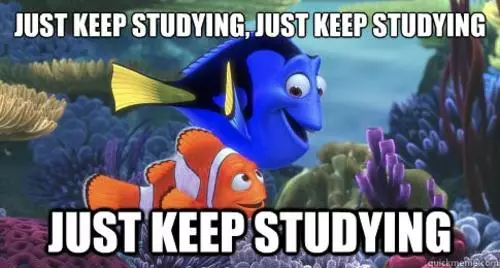
While this tip may seem overrated, I feel like in recent years there has been an expectation with studying that you need to be in the library for hours upon hours before your exams, head down, grinding, with absolutely no breaks whatsoever. Students often forget that even your brain needs a break sometimes!
Taking regular breaks (which means not one break every 5 hours!) can not only boost your attention span when you are studying, but it can even help to keep you motivated, too.
Each individual’s brain and attention span functions differently, so while maybe your friend sitting next to you may only feel like she needs to take a break every 2 hours, you may find that another time schedule works better for you. Most experts recommend taking a break at least once every 90 minutes, if not more.
The Pomodoro Technique is one method that I personally found a lot of success in using when I was in college. Essentially, you use a timer to work in intervals, generally consisting of 25 minutes of hard and focused work followed by a 5-minute break.
You may be thinking, 25 minutes is almost no time at all! How am I supposed to be productive in that time frame?! The great thing about the Pomodoro Technique (and other similar ones) is that it forces you to keep your head down and focus during those 25 minutes because there is an instilled sense of urgency that you want to get X task accomplished before the next break.
This study hack is also a great option for students who tend to have trouble focusing for long periods of time, because at 25 minutes a piece, that’s about as short as it gets! If you’re like me and you constantly have the urge to check your phone, this is the time where you turn it on airplane mode, stuff it in the bottom of your backpack, and get working. Once your 5-minute break comes around, that is the time for you to check your phone (ah, so satisfying!), stretch, take a short walk, and get a snack.
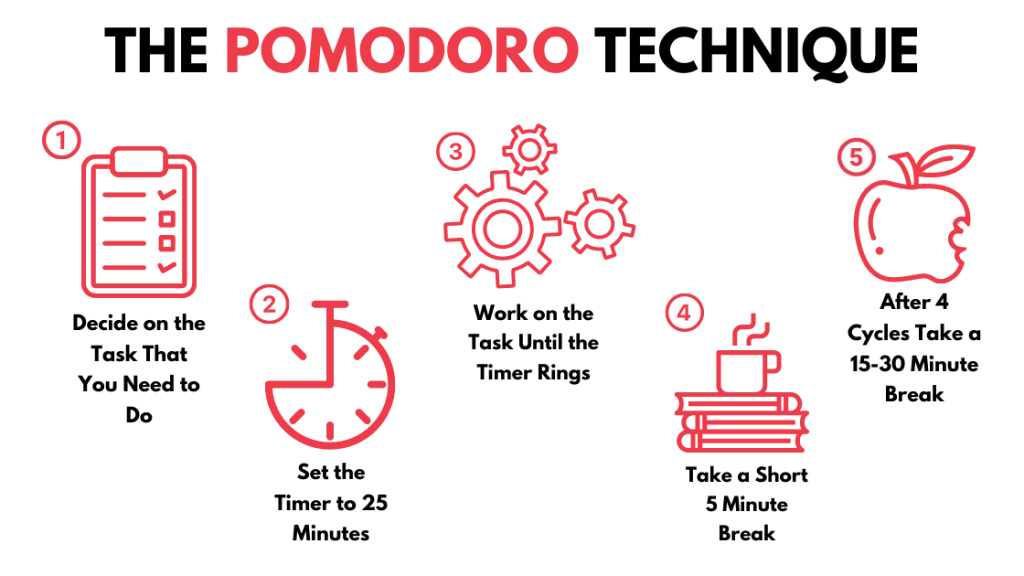
Again, this is one of those study hacks that, more often than not, gets extremely overlooked by students. While it certainly varies from class to class, it is no surprise that the majority of college classes involve quite a bit of reading. And unfortunately, some of that reading may not always be the most enjoyable.
However, it’s gotta get done! And by get done, I do NOT just mean skipping to the back of your assigned chapters, reading the summaries, and typing out a few measly notes. Believe me, I have done this, and believe me, it DOES NOT help you one bit. If you want to use your time wisely and actually read to understand the information, you’ll want to start practicing active reading.
Active reading is reading to comprehend the information. When you read actively, you are not just reading the words to yourself and letting them glaze right over you. You are critically engaging with the material in a way that helps it to stick to your brain like glue. Here are a few active reading strategies that I find to be most helpful:

Mnemonic devices are an amazing study hack. There, I said it! In case you haven’t heard of the term before, mnemonic devices are word associations, acronyms, poems, or rhymes that link information you want to learn or remember with information that is already in your brain. This study hack is great for memorizing lists.
For example, when I took a course on professional and personal goals as a sophomore in college, I learned about creating SMART (Specific, Measurable, Attainable, Relevant, Timely) goals. In order to remember all 5 of these components, I created a mnemonic device for myself:
S - Sarah (Specific)
M - Made (Measurable)
A - A (Attainable)
R - Ridiculous (Relevant)
T - Taco (Timely)
For me, the crazier or sillier the mnemonic device, the more likely it is that I will remember it. For this one, I’m picturing a taco that is truly stacked with all the best and yummiest things you can think of. Guaranteed that I’ll never forget what SMART means again!
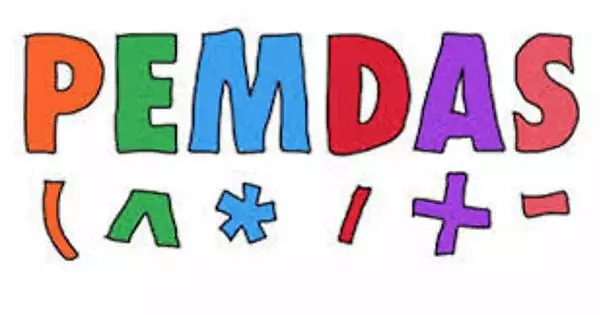
You may have decided early on in your school career that you like or prefer to study solo. If that is you, I strongly urge you to follow me here and try this one out! If you have friends in your classes, or even just people you would feel comfortable with meeting up with (virtually or in person) to talk through the material, I suggest you try it.
This study hack is great because, as I mentioned earlier, it encourages you to talk through the concepts, definitions, and general ideas out loud, a strategy that can subconsciously increase your understanding of the topic and make it easier to remember.
The great thing about this hack is that you don’t need to only speak to someone who is also in your class. Teaching the material to someone else (who has no previous knowledge of the topic) is a great way for you to test yourself and how much you know. If you are having trouble explaining certain concepts to someone else, then that is a good indicator that you should take some time to go back to those and study them more.
Plus, another great part about studying with friends is that they may have spent more time on a certain topic than you did, so you can use the time that you spend studying or reviewing together to go over those topics you may have missed in more detail.

You may not want to believe this study hack, but it’s true. There are multiple studies out there that conclude that students who take handwritten notes often perform better than students who take notes on the computer.
While there are a few reasons why this might be the case, one likely reason is that when you sit down in a lecture hall (or even just to study) and you start typing out notes on your computer, you are much more likely to want to type out every last word that is spoken or that you see. Compare this to when you sit down to write your notes by hand; no way are you about to write down every little thing!
Writing by hand forces you to focus more intensely on the information being presented, compartmentalize it, and actively determine what concepts are worth writing down or noted and which, for the time being, are not. This is not to say that anything you don’t write down isn’t important, but hopefully, using this technique, you can internalize the information on a deeper level and walk away from your class knowing that you covered at least most of the important info!
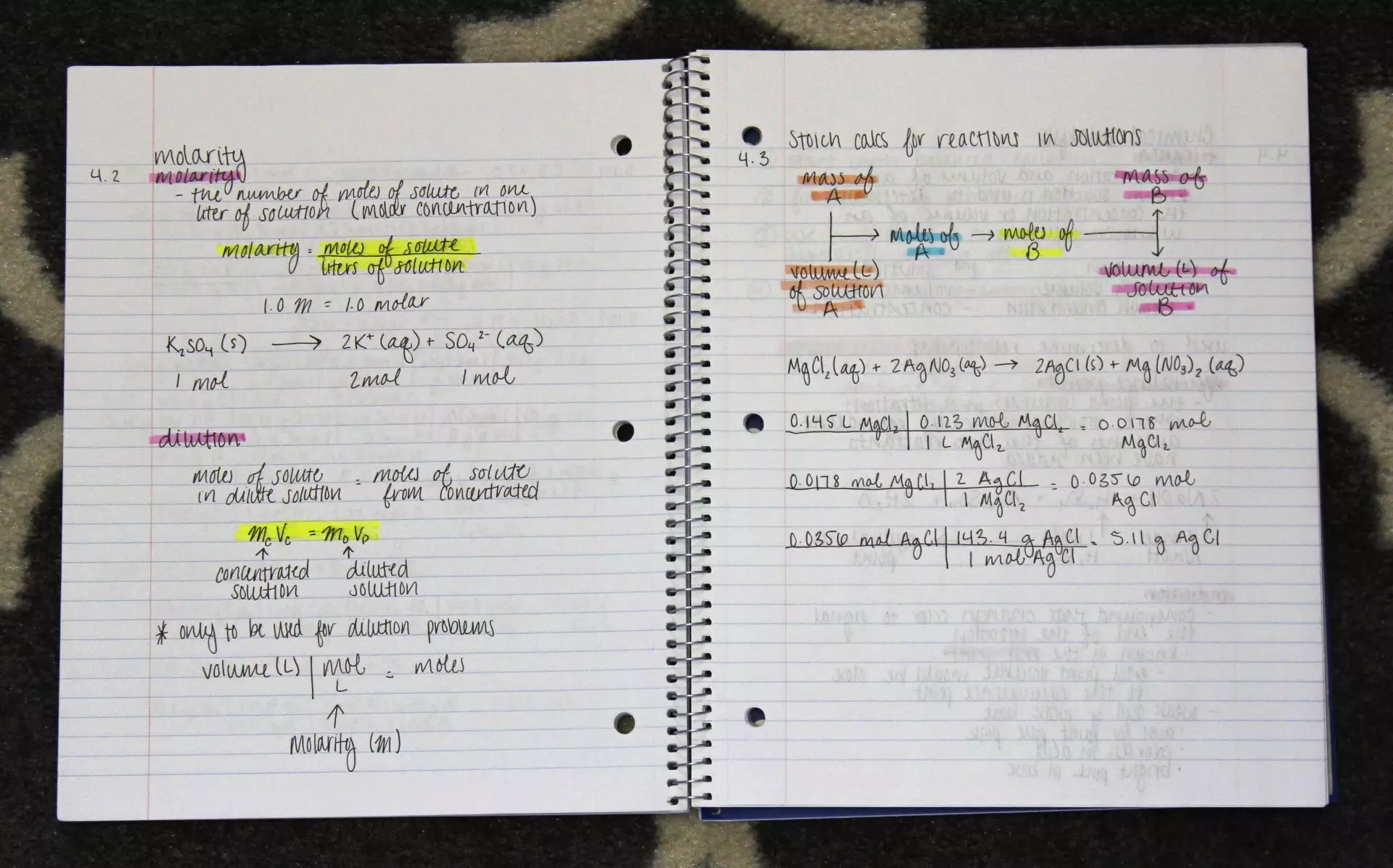
This final study hack is one that I will stand by until the end of time! Quizlet is such a crucial resource, and for the most part, it can be used in nearly every college class that’s out there. When I was in school, I used Quizlet for just about everything, from memorizing quick terms to understanding full concepts and processes.
There are a bunch of really cool features that Quizlet offers. On the most basic level, you can create flashcards for your material and go through them virtually. However, to add to this,
Quizlet also has a learn feature, which takes you through all of your material in a methodical and effective way (using small chunks!). Sometimes you might be prompted to write a whole definition, while other times you might be asked to simply pick out the correct response out of a list.
One of the things I love about the platform is that it tracks your progress in a very easy to see way, which can be extremely motivating! Whether you’ve used it before or not, I highly recommend this awesome (and free!) study hack to every student out there.
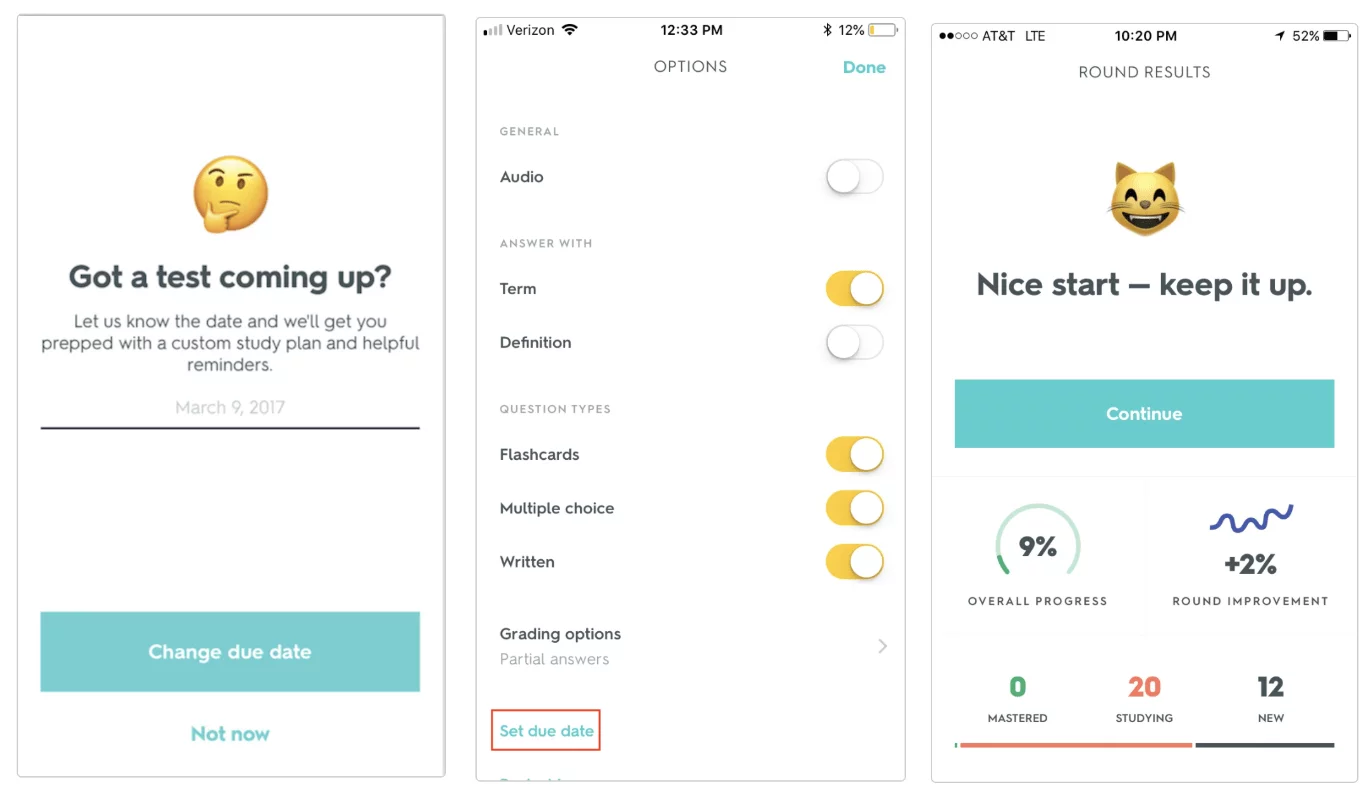
So, there you have it - my list of underrated (and hopefully unique) study hacks! I hope that this list has inspired you to try out a new technique the next time you are studying for an exam or taking notes in class. If you do try one, let me know how it goes!! Happy New Year and happy studying!
PS - if you found this post helpful, be sure to check out my post on how to successfully study from home!
If you're looking for scholarships to apply for, take a look at these recent posts: